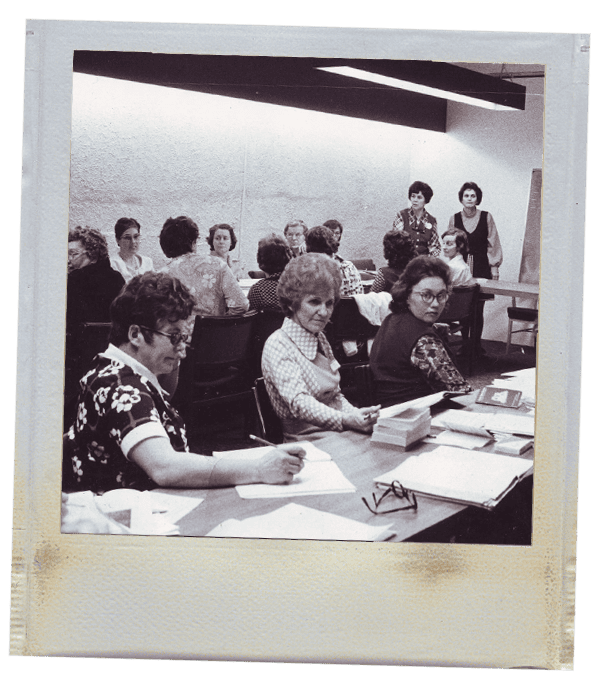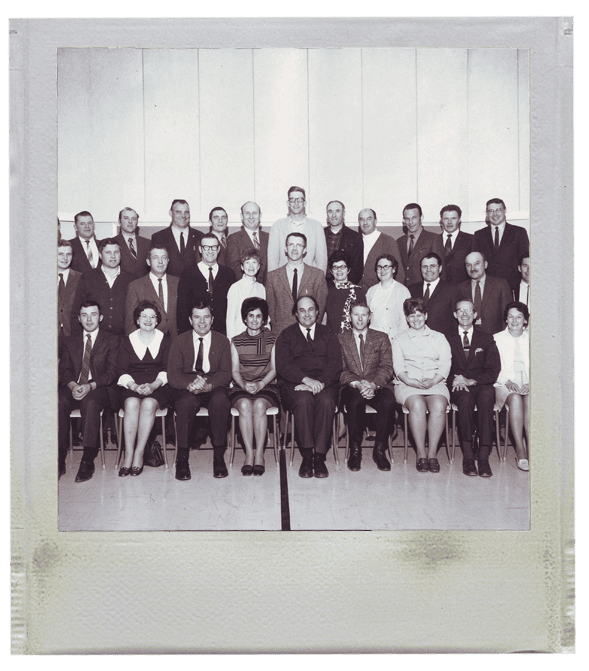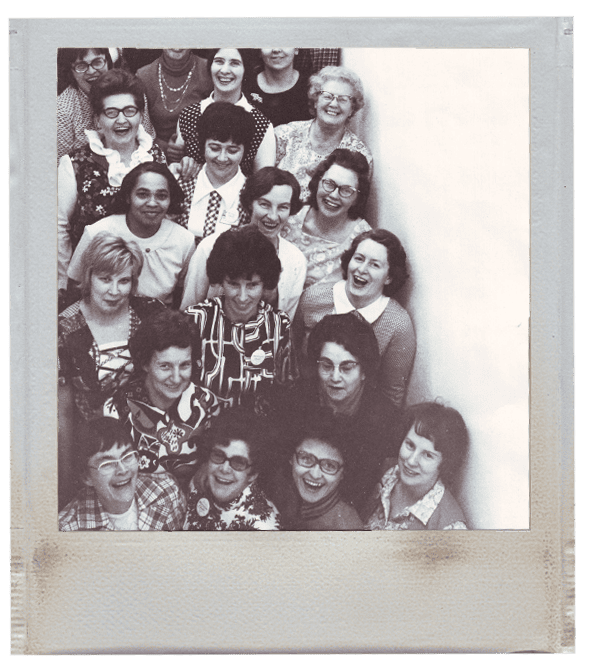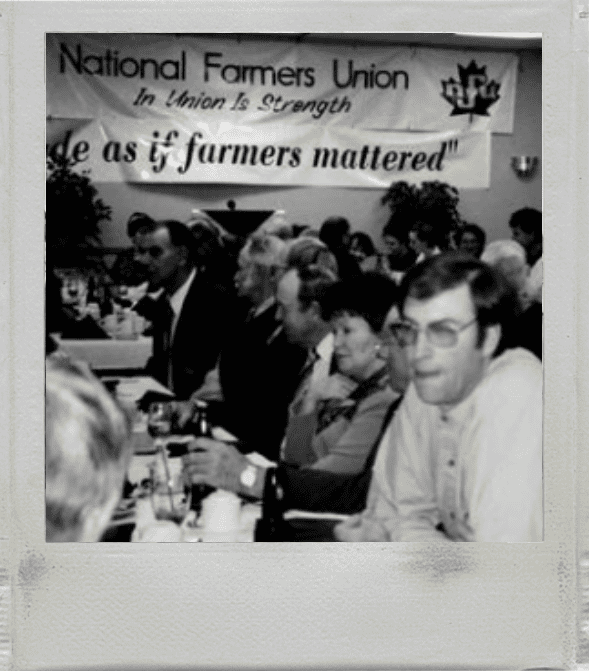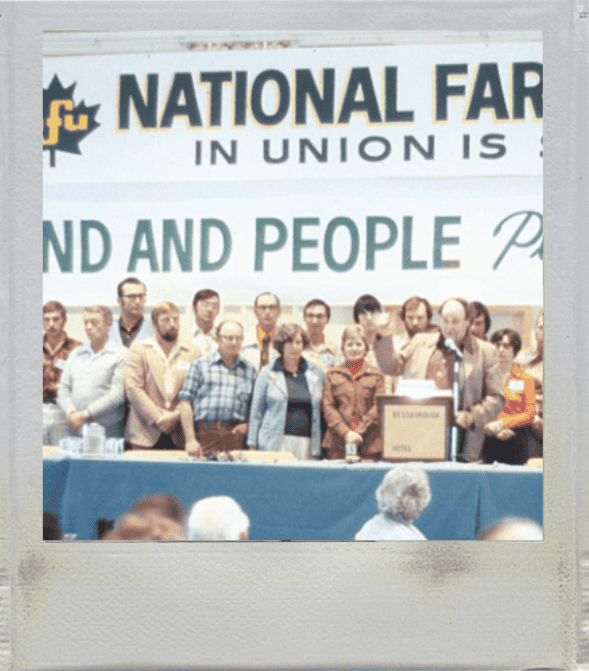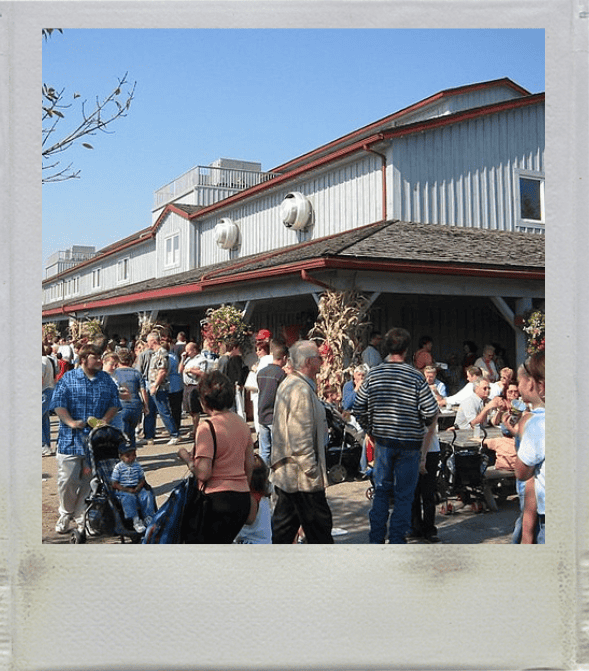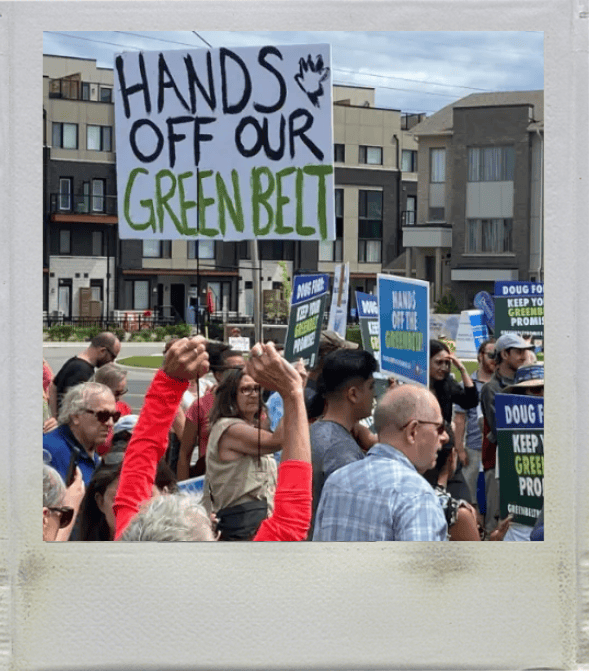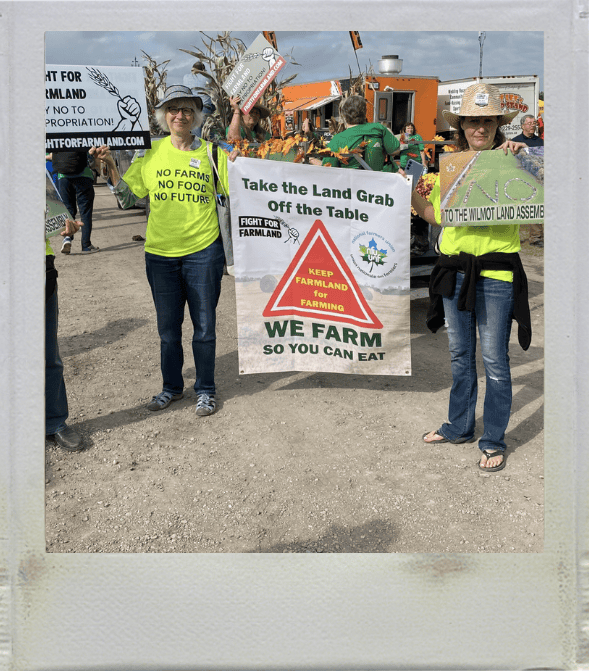History of the National Farmers Union - Ontario (NFU-O)
The National Farmers Union - Ontario (NFU-O) has a rich and long history of working on behalf of farmers in the province.
The NFU-O was formed in 2002 and achieved accreditation under the Farm Registration and Farm Organizations Funding Act, 1993. This meant that farmers required to obtain a Farm Business Registration number (FBRN) could now choose to send their fees to the National Farmers Union - Ontario.
From 1952 to1969, we were active in Ontario as the Ontario Farmers Union, and from 1969 to 2002, farmers in Ontario were organized as Region 3 of the National Farmers Union. The NFU-O is still affiliated with the NFU working on behalf of farmers on a provincial and federal level.
Although the name and structure has changed over the years, our values and mission have remained the same!
Scroll through to read more about our historical action below.
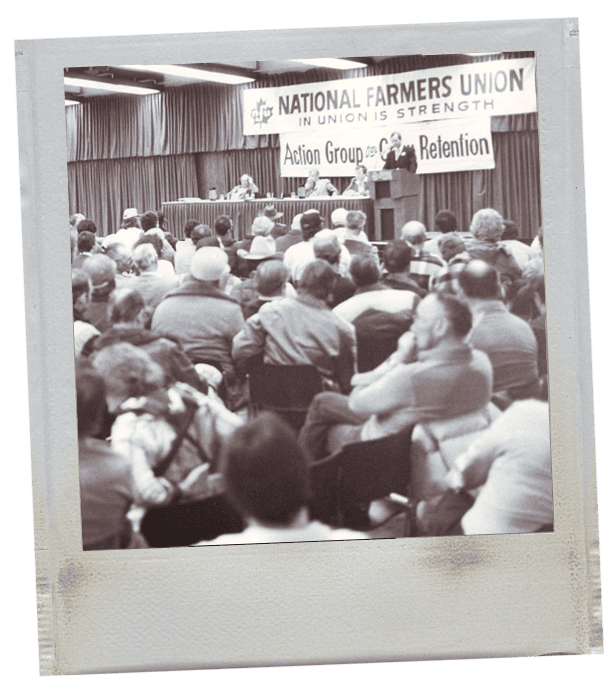
Ontario Historical Action
History of the NFU (and Region 3 - Ontario)
The National Farmers Union (NFU) was formed in 1969 by Act of Parliament through a merger of the Saskatchewan Farmers Union, the Ontario Farmers Union, the Farmers Union of British Columbia, the Farmers Union of Alberta, and farmers from the Maritime provinces who were not organized into farmers’ unions at the time also became part of the NFU structure. Each of the provinces became regions of the NFU. Ontario became Region 3 of the NFU.
Prior to ’69, these provincial unions each had worked autonomously in its respective province, but increasingly were finding themselves at a disadvantage in attempting to work with the federal government. In an effort to solve that problem, the unions created a coordinating body, the National Farmers Union Council, consisting of representatives of the executives of each provincial union and representatives from the Maritime provinces. That council became the NFU.
Collectively, the NFU has worked to defend the Canadian Wheat Board and supply management, protect plant breeder's rights and farmers' right to save seed, advocate against increases to permitted residue limits of glyphosate in our food, spoken out against mergers and the corporatization of our food system, address climate change solutions, support farmers' mental health, and protect food sovereignty and farmers' livelihoods.
Read more about the National Farmers Union here.
